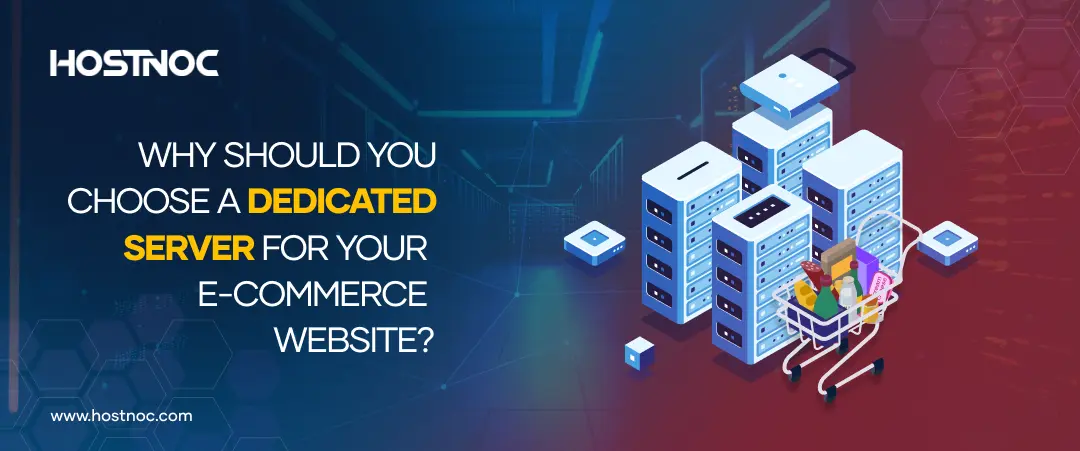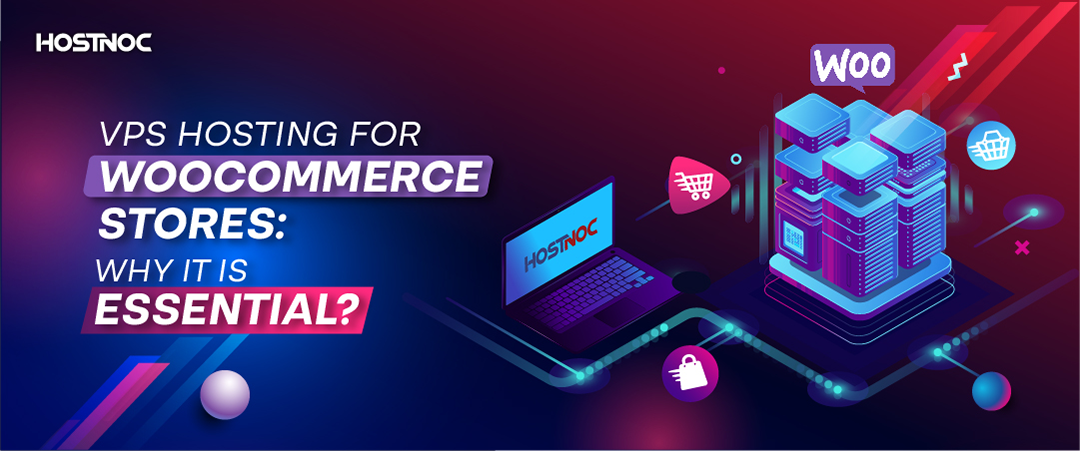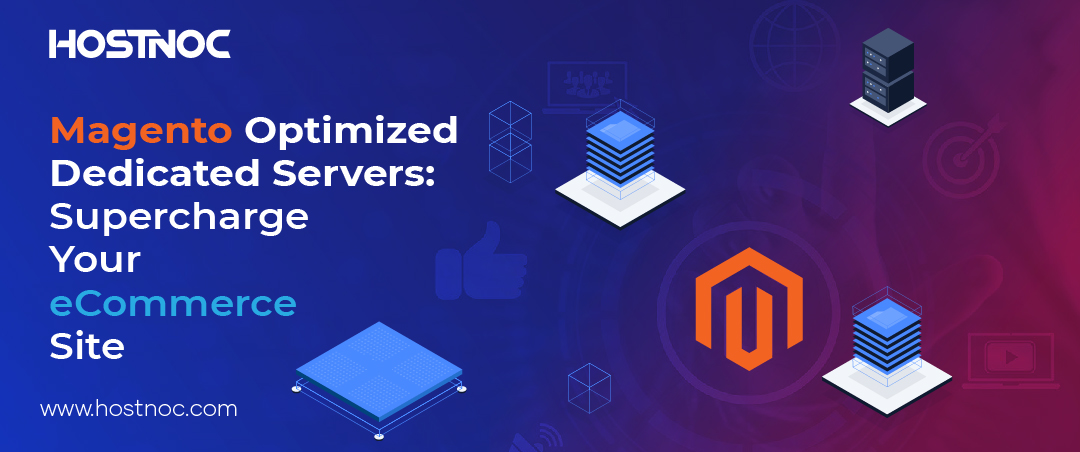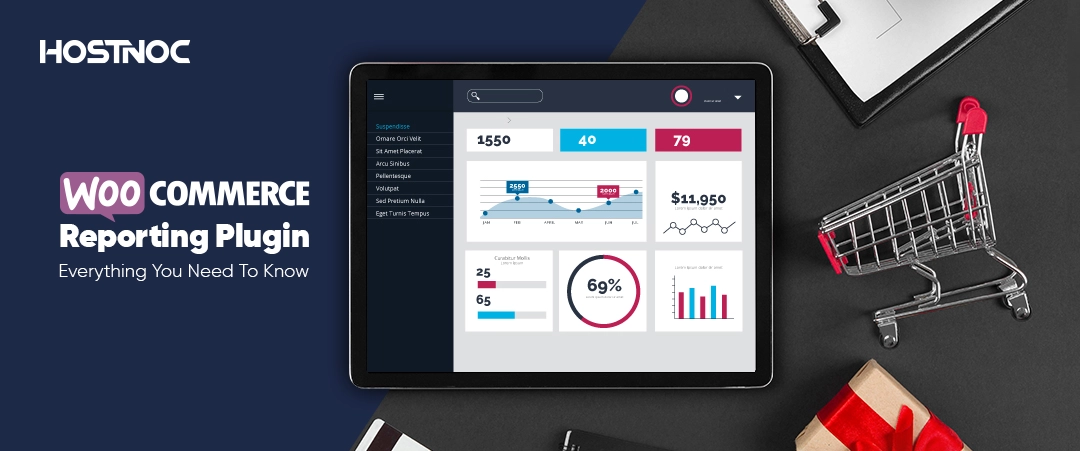Blogs
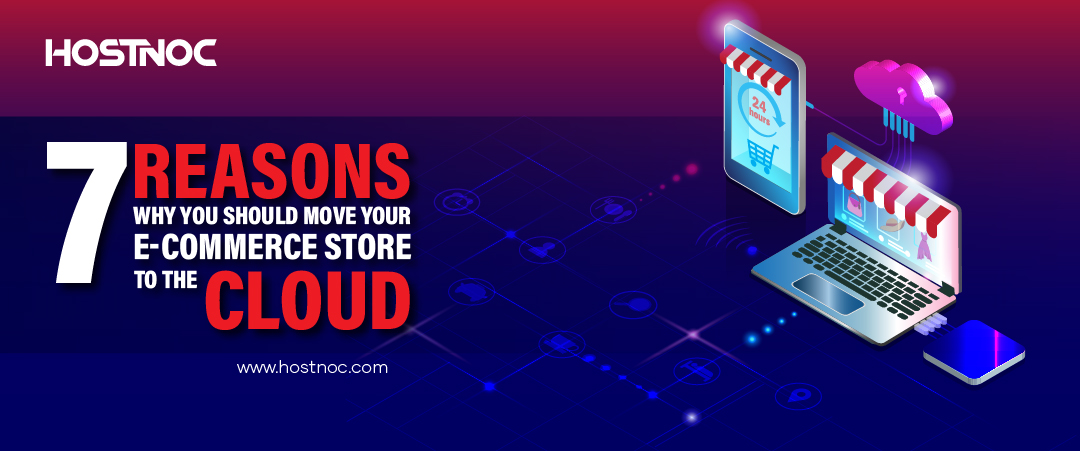
7 Reasons Why You Should Move Your E-Commerce Store to The Cloud
September 7, 2018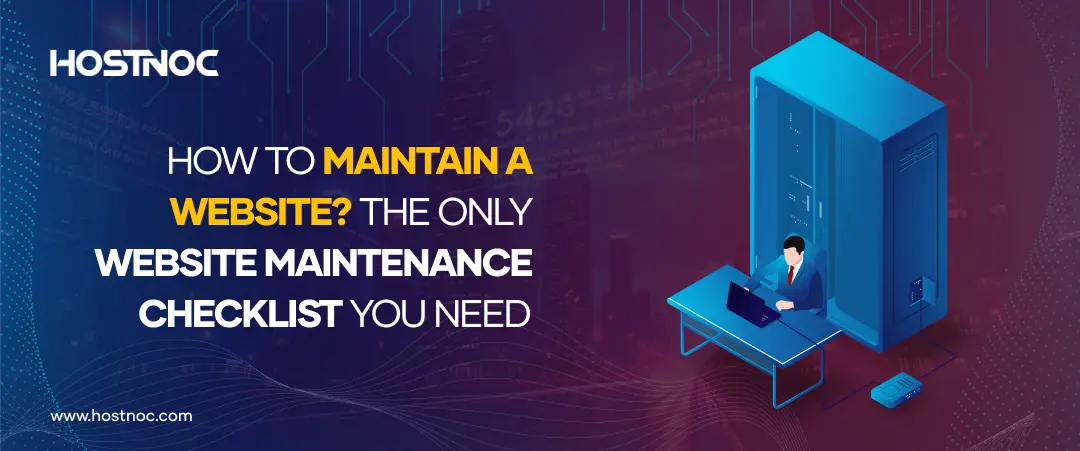
Website Maintenance Proven Methods for Reliable Performance
September 14, 2018The rate of success and failure of an ecommerce platform highly depends on how many visitors the platform converts on an average. More than 80% of users are more likely to purchase a product from an ecommerce platform that offers a winning user experience. Although marketing strategy plays a pivotal role in making an ecommerce platform a success, convenience, performance, and reliable hosting such as using a dedicated server are still some of the most important aspects.
On a normal day, an ecommerce platform experiences a steady flow of traffic which is not altogether cumbersome. However, if there is a holiday season coming up, such as Christmas, Easter, Halloween or New Year, there is a possibility that your ecommerce platform experiences a spike in traffic volume. While a standard informational website has fairly low hardware requirements, an ecommerce store is an entirely different story. Ecommerce platforms are much more resource intensive.
Whether you choose WordPress with WooCommerce or Magento as your last resort to create your next big online store, you have to address this one important question! Where should I launch my store? Should I get a Shared Hosting Plan?
If You’re About to Get Shared Hosting, Hold On!
Yes, it does sound a more affordable option and shared hosting can actually put your network resources on the cloud. But, just hold on; is saving on a few extra dollars so important to you that you would risk a permanent loss of clients and business? Yeah, I didn’t think so.
Nobody likes losing business and, in my opinion, you don’t want to experience it either. Here’s what happens when you are working on a shared hosting solution. Servers constitute several hardware and software components. When multiple websites are working on the same server, they are sharing all of these hardware and software components. If one website consumes a lot of computing power, where do you think it takes the power of consumption from? The same machine… and in order to power up that particular website, the machine eventually has to put down other websites.
Related Read: IaaS vs PaaS vs SaaS: Knowing What to Choose for Your Next Digital Business?
Now imagine your website experiencing downtime during the peak shopping spree season, just when you had harbored aspirations of cashing in on the holiday joy? Ecommerce websites are one such culprits than can push shared hosting to its limits. The situation can also be reversed where you are the big fish consuming server resources from others.
Secondly, shared hosting isn’t a secure option. In the case of shared hosting, several websites run on a single server. Even if a single website gets infected, it can put every other website on the server at risk as well. It’s because the overall server is compromised.
So, What’s the Better Alternative?
When we talk about developing an ecommerce websites, one of the best alternatives by far is having a dedicated server. Although dedicated servers are an expensive option as compared to shared servers, we can relate to it. With a dedicated server, you get a completely separate server to host your website with a completely separate IP address.
The best thing about having a dedicated server is that it offers a flawless network connection that faces no interruptions. So, despite how much network traffic your website experiences, you will never have to face any downtime. They are the best option to ensure maximum server up-time.
Cyber-attacks are becoming prevalent these days. With their increasing occurrences, your website has now become increasingly vulnerable. Unlike shared server hosting, your website isn’t present on a server where multiple websites are vying for resources. Hence, the chances of getting attacked are mitigated.
In case your server surrounds itself with cyber vulnerabilities and some malicious software manages to crawl in your infrastructure, you can simply lock down the server and resolve it with a peace of mind.
Unique IP address gives your website a separate identification, whereas in shared server, your IP is distributed amidst a host of websites. If your IP address is distributed, and one of the websites on the network visits a spam website, your ranking along with others will push down.
Do Customers Care Where Your Website is Hosted?
If you ask me, customers don’t really bother with whether your website is hosted on a shared server or a dedicated one. All that customers care about is garnering the best experience when they visit your website. If you want to give your customers the ultimate online experience, you need to make sure that your website runs on a dedicated server.
After all, how long do you think an average customer is going to stay on your website? Five to six seconds? not really. According to research, an average customer will stay around on your website for only 2 seconds and in case it isn’t responsive or fails to load in time, they will simply switch to another option. Think you can tough it out?
Furthermore, research shows that if your website is not speedy enough, your customers will readily switch to a better alternative. But, how wide is the speed difference we are talking about here? Let me guess… 250 milliseconds, just imagine that. Most people abandon your website from the shopping cart page and that normally occurs when your website has a slow loading time.
Plus, if you have ever worked with Google for Search Engine Optimization, you will realize that website speed is a vital ingredient in Google’s secret algorithm sauce.
Is A Dedicated Server My Ultimate Solution?
Definitely yes.
A dedicated server is a preferred hosting solution for the owners of large corporate websites. It is a leading choice for people running ecommerce stores on a globally massive scale. It is secure, reliable, flexible and private. So, whether you are planning to start up with a website for ecommerce or you want to migrate an existing store to a new host, HostNOC is more than willing to help you achieve that.
Our servers are the best in town. Don’t just buy our word for it, experience the service first-hand.
Featured Post
VPS Hosting for WooCommerce Stores: Why It Is Essential?
Table of Contents What Is VPS Hosting? Why use VPS Hosting for WooCommerce Stores? 1. Performance and Speed Optimization 2. Improved Scalability 3. Enhanced Security 4. […]
Magento Optimized Dedicated Servers: Supercharge Your eCommerce Site
Table of Contents What Are Magento Optimized Dedicated Servers? Common Magento Optimization Features: Why Choose a Magento Optimized Dedicated Server? 1. Superior Speed and Performance 2. […]
WooCommerce Reporting Plugin: Everything You Need To Know
WooCommerce, the renowned e-commerce plugin for WordPress, has revolutionized online selling by providing a user-friendly platform for businesses of all sizes. One of the key elements […]
